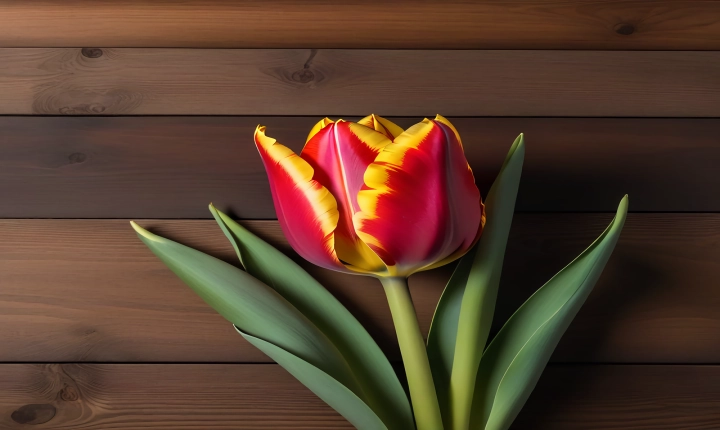Artificial intelligence (AI) has already made a significant impact on various aspects of our lives, from the way we work and communicate to the way we shop and consume information. But as the use of AI continues to expand, it is also poised to influence one of the most fundamental aspects of human society: culture. The integration of AI into our daily lives is expected to have a profound effect on the way we create, consume, and experience culture.
One of the most immediate ways in which AI is impacting culture is through art and creativity. AI-powered tools are now being used to generate music, visual art, and literature. While some may raise concerns about the authenticity and originality of AI-generated content, others see it as a new form of artistic expression, blurring the lines between man-made and machine-generated art. With AI, artists have access to new tools and techniques that can help them push the boundaries of creativity and explore unprecedented possibilities.
In addition to its impact on the creation of culture, AI is also changing the way culture is consumed. AI-driven algorithms now play a significant role in recommending and curating content for consumers, whether it be music, films, or other forms of entertainment. This has led to a more personalized and tailored experience for users, but it has also raised questions about the potential reinforcement of individual preferences and the lack of exposure to diverse perspectives.
AI is also shaping the future of language and communication. Natural Language Processing (NLP) technology is being used to enhance language translation and interpretation, allowing for more seamless communication between people from different cultures and languages. This has the potential to break down language barriers and facilitate greater cross-cultural exchange.
Moreover, AI is influencing the preservation and accessibility of cultural heritage. Advanced imaging and scanning technologies powered by AI are being used to digitize and preserve artifacts, historical sites, and cultural landmarks. This not only ensures the preservation of cultural heritage for future generations but also enables greater access and exploration of these assets by people around the world.
On the flip side, there are concerns about the potential negative impact of AI on culture. As AI becomes more integrated into our lives, there is a risk of homogenization and the erosion of cultural diversity. The mass adoption of AI-driven platforms and services may lead to a standardization of cultural products and a reduction in unique, locally produced content.
Furthermore, there are ethical and social implications to consider. The use of AI in cultural production and curation raises questions about ownership, authorship, and the ethical use of AI-generated content. Additionally, the growing reliance on AI-powered algorithms for content recommendation and curation has sparked debates about the potential for bias and manipulation in the dissemination of cultural content.
In conclusion, the impact of AI on culture is multifaceted and complex. While it presents new opportunities for creativity, communication, and preservation, it also raises important ethical, social, and cultural considerations. As AI continues to evolve and integrate into our lives, it will be crucial to actively address these challenges and ensure that AI is harnessed in a way that enhances, rather than diminishes, our rich and diverse cultural landscape.
